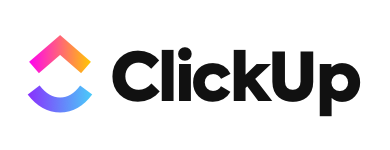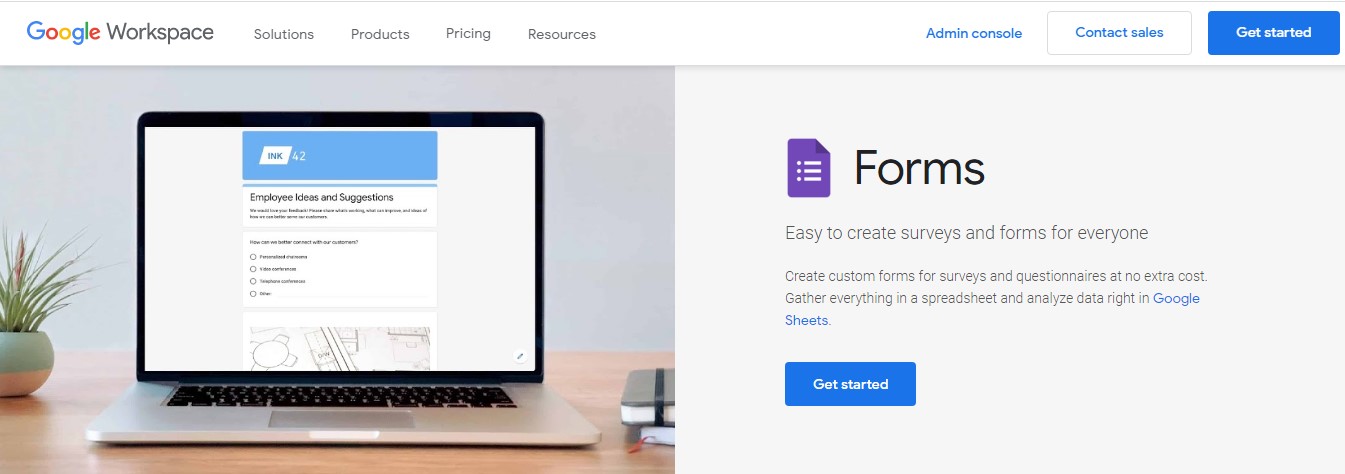How This Self-Taught Developer Started A $125K/Month Software Agency
Hello! Who are you and what business did you start?
Hello everyone! I’m Alex Nordlinger, founder of Materialize, a software development studio that builds bespoke mobile and web applications. We’re a software development team-as-a-service that provides deeply technical product design, development strategy, and expertise.
We focus primarily on working with customers requiring web and mobile app development services by bringing a unique set of skills to build products efficiently and cost-effectively.
As an engineer, I have experience working with stakeholders and managing teams to build products using a well-honed process that emphasizes reliability and maintainability. We work with customers in all industries, from startups to Fortune 500. We specialize in working collaboratively with our clients to learn the specific needs of their companies and serve as an extension of their companies to reach their goals.
I began my career as a self-taught software engineer. I quickly rose through the ranks from a jr. developer to managing engineering departments at companies large and small.
As an engineer, I always had people coming to me to help them with their projects and...
























